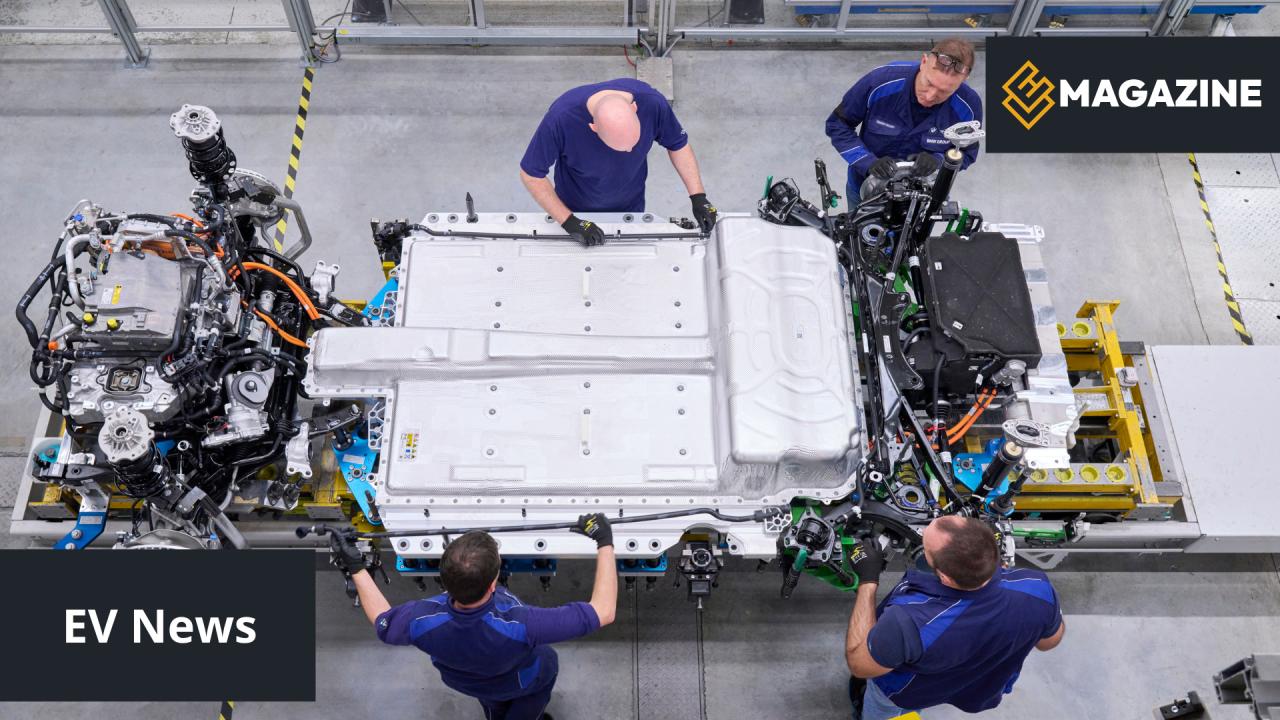In recent years, the automotive industry has witnessed a silent revolution: the transition from 400V systems to 800V architecture in electric vehicles. This leap is more than just a technical detail—it delivers faster charging, better efficiency, and new possibilities for performance. As carmakers like Porsche, Hyundai, Kia, and Audi adopt this technology, 800V is becoming a benchmark for next-generation EVs in Europe.
1. Ultra-Fast Charging: Minutes, Not Hours
One of the most visible benefits of 800V technology is dramatically reduced charging time. With higher voltage, vehicles can accept more power from compatible high-speed chargers, cutting charging sessions by half compared to 400V systems.
As European Alternative Fuels Observatory data shows, the expansion of high-power charging networks is accelerating, especially ahead of autumn 2025, when many operators plan to expand 350 kW stations across key highways.
2. Improved Efficiency and Lower Weight
Higher voltage reduces the current required to deliver the same amount of power. This means cables can be thinner and lighter, and less energy is lost as heat. The result is a more efficient drivetrain and a lighter vehicle overall.
- Smaller, lighter cables improve packaging and reduce overall weight.
- Lower heat generation increases system reliability and battery life.
- Better energy use translates to improved real-world range.
3. Unlocking High Performance
Beyond charging and efficiency, 800V systems enable superior performance. Electric motors and power electronics can be designed to deliver higher outputs without overheating, making it possible for EVs to achieve sports-car levels of acceleration while remaining practical for daily driving.
Market Outlook: Why Europe is Pushing 800V
Europe is at the forefront of 800V adoption, thanks to a combination of consumer demand, strong charging infrastructure policies, and automakers’ strategic choices. The EU’s goal of deploying at least one charging station every 60 km along major highways by 2026 supports the growth of high-voltage platforms.
FAQ: Understanding 800V EVs
Why do 800V EVs charge faster than 400V models?
Because they require less current to transfer the same power, enabling higher charging speeds with lower heat losses.
Are all charging stations compatible with 800V EVs?
No, full benefits require high-power chargers (≥ 350 kW). However, 800V cars can still charge at lower-voltage stations with standard speeds.
Will 800V systems increase the cost of EVs?
Initially, yes, but as the technology scales across brands and models, costs are expected to decrease significantly by 2026.

